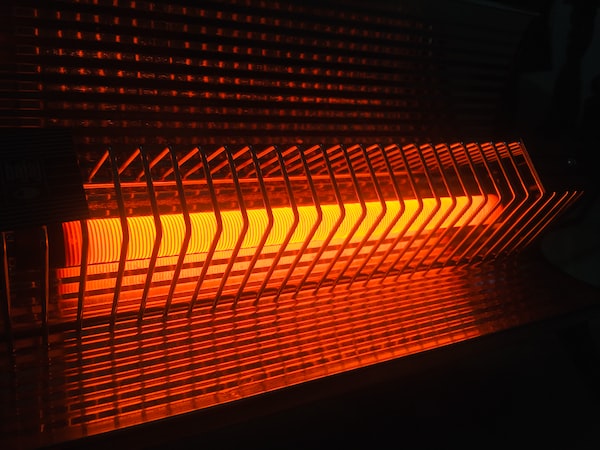When it comes to keeping your home comfortable, one of the most important pieces of equipment you can own is a furnace. Not only does a furnace provide heat and warmth in the winter, but it also acts as an air conditioner in the summer by circulating cool air throughout the home. Indeed, a furnace is an important part of any home, but it can also produce some strange odors. From musty to burning smells, it’s important to know which smells you should take seriously and which you should ignore. Keep reading to learn more about the top furnace odors you shouldn’t ignore.
Chemical Smells
A chemical smell from furnace systems can be concerning and is one of the top odors you should not ignore. This odor typically indicates a problem with the furnace itself or an issue with the ductwork in your home. When there is a malfunction in your furnace system, chemicals such as carbon monoxide and formaldehyde can be released into your indoor air. Carbon monoxide is an odorless gas that can lead to health problems ranging from dizziness to death if inhaled for long periods of time; formaldehyde has been linked to cancer when it accumulates over time in high concentrations. If you notice this type of smell coming from your furnace, it’s important to have it looked at by a professional heating technician immediately.
Musty Smells
Musty smells from mold and mildew are some of the most common furnace odors that homeowners should not ignore. These pungent smells result when moisture accumulates in the air ducts, which is often caused by poor ventilation or humidity levels. Mold and mildew thrive in warm, moist environments, so it’s important to keep indoor relative humidity at a comfortable level (between 40-50%) to prevent their growth. If there’s any evidence of water damage around your AC unit or ductwork, you may need to call a professional for help with repairs before addressing the smell. Once you have ruled out any structural issues or water damage problems, the next step is tackling the musty odor itself. Start by cleaning all filters and vents—if they are dirty or clogged this can contribute to stagnant air flow and allow bacteria to grow unchecked in your home’s system. You can also use an industrial-grade cleaner specifically designed for removing mold/mildew odors as well as sanitizing other surfaces like walls or flooring where these spores may be lurking unseen.
Rotten Egg Smells
The rotten egg smell that you may notice coming from your furnace could be an indication of a serious problem. This unpleasant odor is caused by the presence of sulfur in the combustion process, which can form when natural gas doesn’t burn completely. The smell itself is actually hydrogen sulfide, and it’s a sign that something is wrong with your system. Not only do you have to deal with this horrible smell but also potentially dangerous levels of carbon monoxide if the issue isn’t addressed quickly enough. You should never ignore this kind of foul smell coming from your furnace as it could indicate a hazardous condition like leaking gas or blocked vents. In some cases, it could simply mean that there are high levels of moisture in the air, however, even then these need to be addressed promptly as they can lead to further issues down the line if left unchecked for long periods of time. To determine what might be causing this stench and how best to tackle it, you should contact an experienced HVAC technician who will inspect your system and make any necessary repairs or adjustments needed to get rid of this nasty odor once and for all!
Overall, furnace odors should not be ignored as many of them can be a sign of something more serious and can cause health problems if not taken care of. Ignoring these odors can lead to further damage and more expensive repairs. As such, it is important to pay attention to the smells coming from your furnace and act accordingly.


